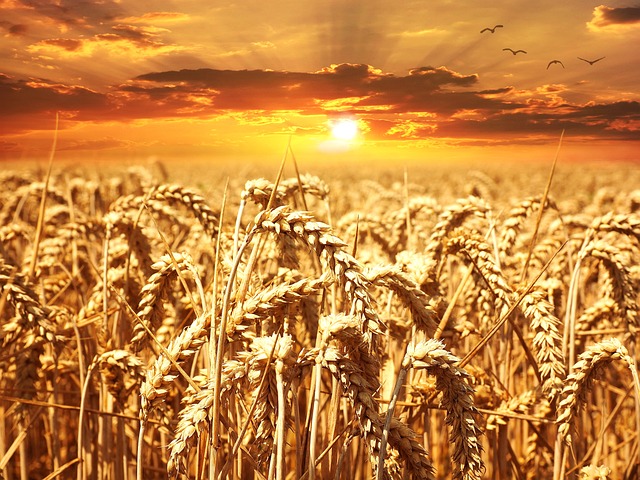Artificial intelligence (AI) is revolutionizing the agricultural industry, transforming traditional farming practices into a more efficient and sustainable approach. By harnessing the power of AI, farmers can leverage advanced technologies to optimize crop production, reduce resource waste, and make data-driven decisions. This article explores the role of AI in agriculture, specifically focusing on precision farming and crop optimization.
Precision Farming
Precision farming, also known as precision agriculture, involves using AI-powered technologies to monitor and manage agricultural practices with precision and accuracy. AI-driven sensors, drones, and satellite imagery enable farmers to gather real-time data on soil conditions, moisture levels, and crop health. This data is then analyzed using AI algorithms to identify patterns, detect anomalies, and make precise decisions regarding irrigation, fertilization, and pest control. By applying inputs precisely where and when needed, farmers can optimize resource usage, minimize environmental impact, and increase crop yields.
Crop Monitoring and Disease Detection
AI-powered technologies enable farmers to monitor crops more effectively and detect diseases at an early stage. AI algorithms can analyze images captured by drones or cameras installed in fields to identify signs of diseases, nutrient deficiencies, or pest infestations. This early detection allows farmers to take immediate action, preventing the spread of diseases and reducing crop losses. AI also assists in determining the appropriate treatment or intervention measures, optimizing the use of pesticides and minimizing their impact on the environment.
Yield Prediction and Crop Optimization
AI algorithms can analyze historical data, including weather patterns, soil conditions, and crop performance, to predict yields accurately. This information helps farmers make informed decisions regarding crop selection, planting strategies, and resource allocation. By optimizing planting density, crop rotation, and irrigation schedules based on AI-driven predictions, farmers can maximize crop productivity, minimize waste, and improve overall farm profitability. AI also assists in identifying the most suitable crop varieties for specific environmental conditions, improving crop resilience and adaptability.
Autonomous Farming Machinery
AI plays a crucial role in the development of autonomous farming machinery, such as robotic harvesters and weeding robots. These AI-driven machines can perform tasks autonomously, reducing the need for manual labor and increasing operational efficiency. Equipped with sensors and computer vision technology, these machines can navigate fields, identify crops, and perform targeted actions such as harvesting, pruning, or weed removal. By automating labor-intensive tasks, farmers can save time and reduce costs while maintaining precision and accuracy in agricultural operations.
Data-driven Decision Making
One of the significant advantages of AI in agriculture is its ability to analyze vast amounts of data and provide valuable insights for decision making. By integrating AI with farm management systems and data collection tools, farmers can gather and analyze data related to weather, soil, crop health, and market trends. AI algorithms can then process this data to provide actionable recommendations, such as optimal planting times, crop rotation strategies, or market forecasting. Data-driven decision making allows farmers to adapt quickly to changing conditions, mitigate risks, and improve overall farm efficiency.
AI is transforming agriculture by enabling precision farming, optimizing crop production, and improving resource management. By leveraging AI-powered technologies, farmers can make data-driven decisions, reduce environmental impact, and increase farm profitability. AI-driven solutions in agriculture offer the potential to revolutionize traditional farming practices, ensuring sustainable food production to meet the growing global demand. As AI continues to advance, its role in agriculture will become even more critical, leading to smarter and more efficient farming practices.
Book Scott Today
Book Scott to keynote at your next event!
Managing Partner at Astor Perkins, TEDx, Top Global Innovation Keynote Speaker, Forbes, Singularity University, SXSW, IBM Futurist, Tribeca Disruptor Foundation Fellow, National Sloan Fellow, Wiley Author, TechCrunch, Winner of Innovation Awards.


















